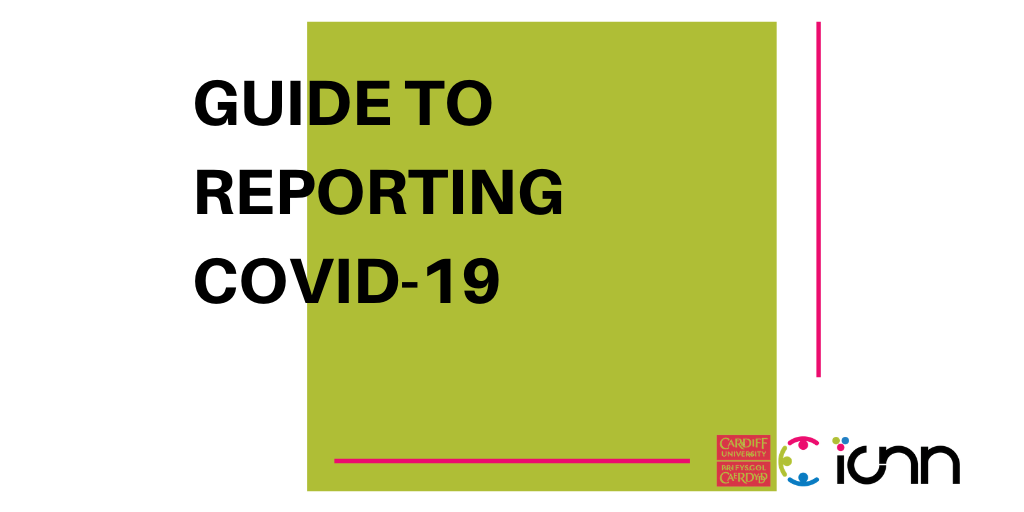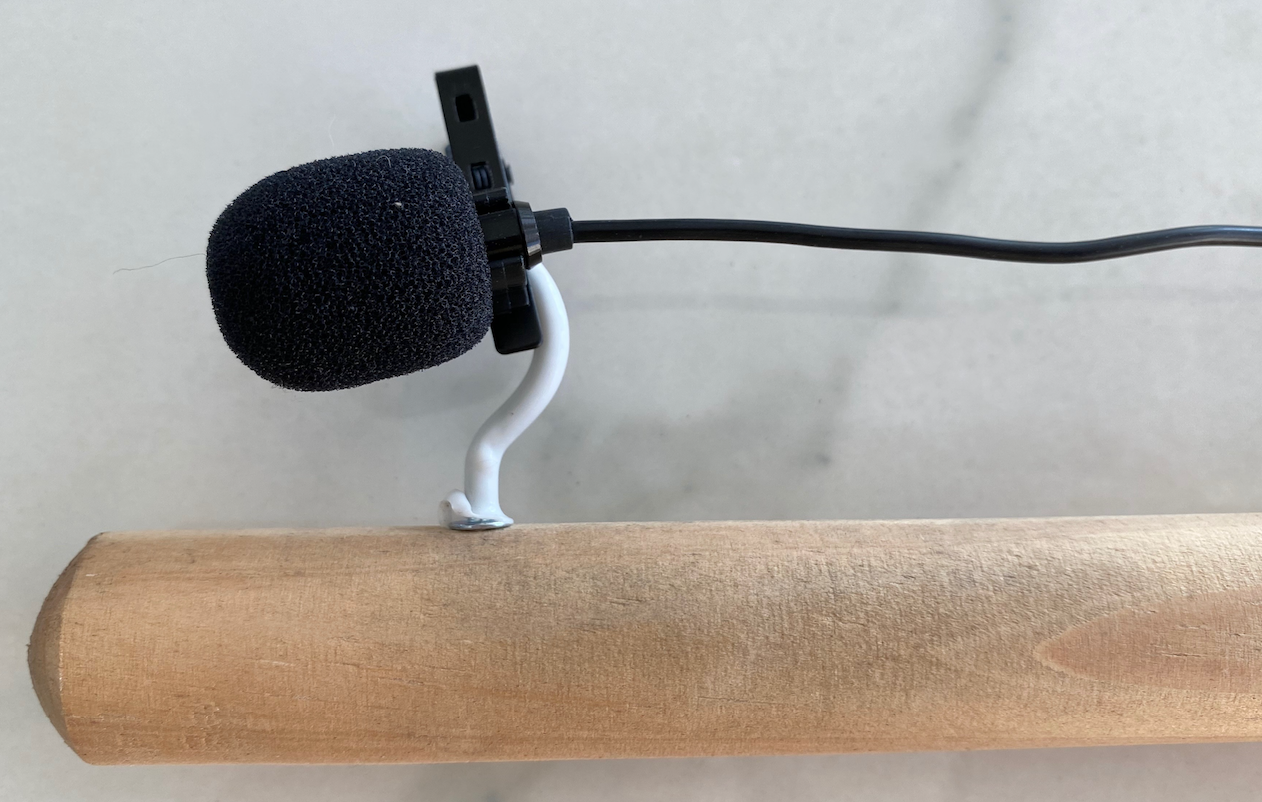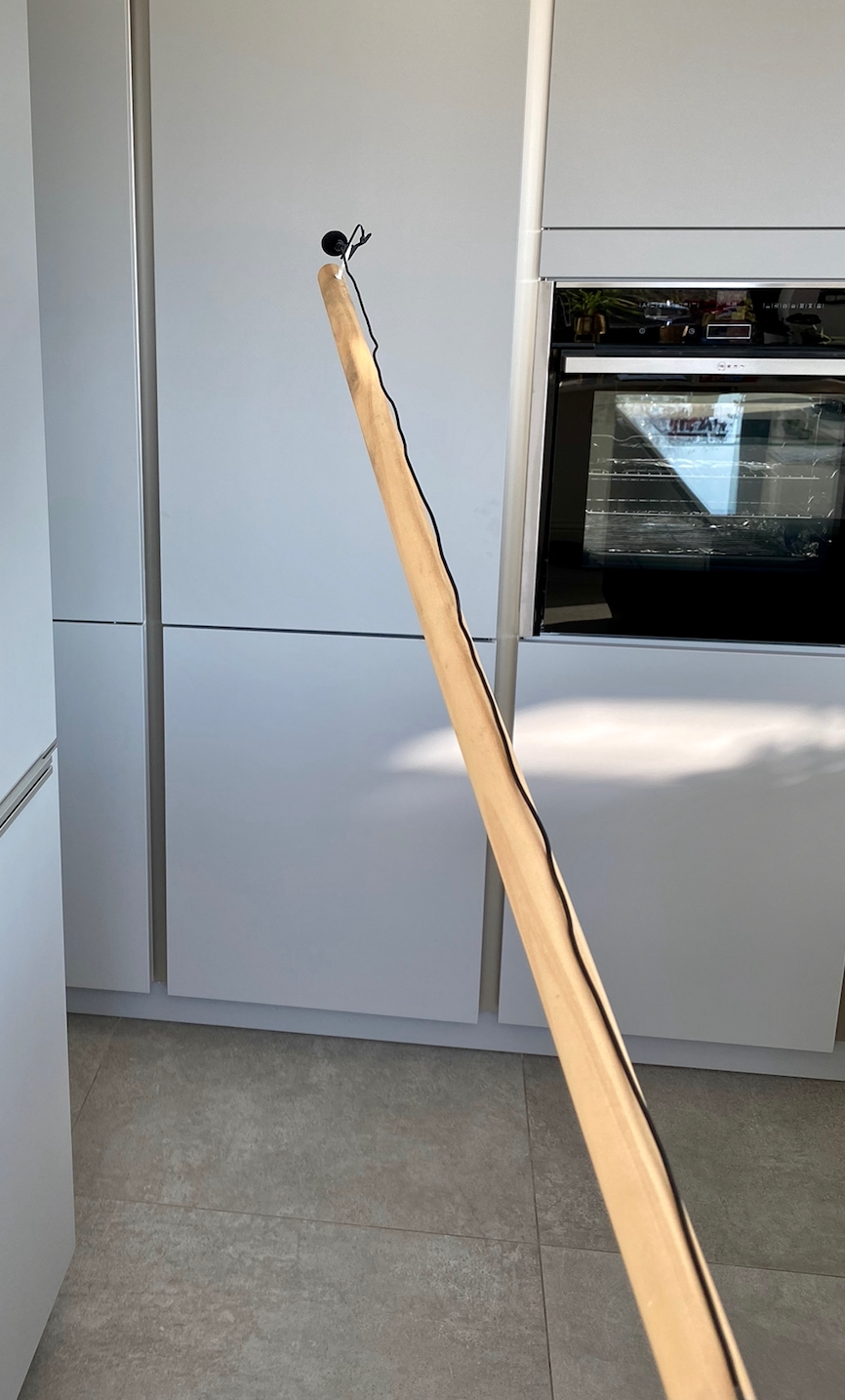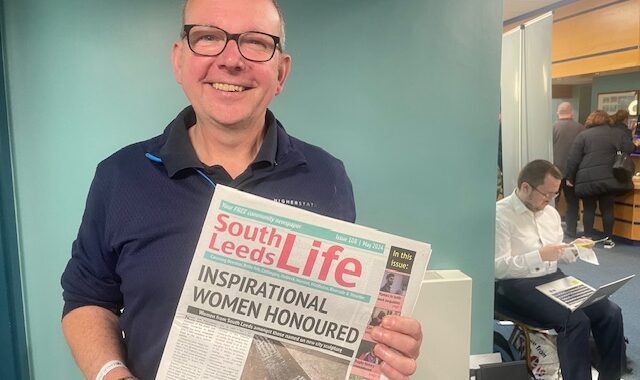The work of a journalist can be challenging at the best of times. There are many hurdles to overcome reporting one story to the next: legal issues, the pressures of the scoop, accuracy, integrity
There is even more demand for news content at the community and hyperlocal level now that many local newspapers have been forced to close due to the spread of COVID-19.
That means our job just got a whole lot more important, and a whole lot harder.
As well as the usual obstacles, we now have to think about the health of those we are reporting on, and of course our own health too.
ICNN is working hard to ensure that our members can get access to funding and support from governments and third-party organisations. But in the meantime, we wanted to share a few tips on how to stay safe out there.
Stay safe and keep your distance
First and foremost, as we should all be doing anyway, stay safe and keep your distance.
The Committee to Protect Journalists suggests the following:
- Maintain a minimum of at least 2 meters distance with everybody, being especially careful around those showing any signs or symptoms of respiratory illness, such as coughing and sneezing
- Journalists should be particularly conscious of maintaining a safe minimum distance when interviewing the elderly, those with underlying health conditions, anyone close to individuals who are symptomatic, health care workers treating COVID-19 patients, or workers in high risk locations
Take regular breaks. Our job is important, but too much work without adequate rest periods can result in mistakes.
Wash your hands thoroughly before and after any job. Use hand sanitiser if you have it. If not, The WHO has a guide on how to make it using household items.
Wear gloves when visiting an infected site.
Avoid eating or drinking when in proximity to others.
Be mindful of clothing, jewellery and glasses and other accessories you may wear. The BBC has a helpful article on how long the coronavirus lasts on different surfaces.
Responsible journalism
Avoid spreading panic.
Avoid hyperbole and jargon.
Avoid using sensationalist language.
Always use official sources of information.
Do not spread fake news.
Continue holding power to account
For more information C4CJ’s Director of Research Professor Karin Wahl-Jorgensen wrote this article for Niemen Lab on how to report responsibly: Feeling panicked about coronavirus? Media coverage of new epidemics often stokes unnecessary fear.
In light of some of the stories we may be forced to cover over the coming weeks and months, it is also worth pointing to clause four of the Editor’s Code of Practice which refers to intrusion into grief and shock.
In cases involving personal grief or shock, enquiries and approaches must be made with sympathy and discretion and publication handled sensitively. These provisions should not restrict the right to report legal proceedings.
If in doubt, and you would like to check with someone before approaching, please contact us at ICNN. We are happy to help and support you.
Accuracy
As always it is vital that we are providing accurate information to our communities and readers.
Data is essential, but extremely fluid in times of crisis and not always accurate. Use verified sources when providing figures and make your readers aware of the limitations of the data.
Speak to more than one source.
Ask yourself: Should I cover this? Is it rumour?
Legal concerns
Media law for journalists has not changed under the COVID-19 restrictions so everything that still applied before the outbreak continues to apply.
All members of ICNN have access to free legal guidance should they need it. Please feel free to contact Matt on [email protected] for assistance in this matter.
As health is a devolved issue, ensure you are updating the relevant information for your country.
Psychological well-being
Talk to your family about your work. Try to help them understand the risks and concerns.
Look after your own mental health by following these steps on managing trauma while reporting on COVID-19.
Technical hints and tips
Take alcohol wipes for your equipment.
Don’t directly spray or pour any liquid onto phones, cameras or electrical equipment.
Take a clean cloth with you, spray the cloth then wipe your equipment.
Carry the cloth in a ziplock bag and wash as soon as you get home.
Try to carry a light bag or rucksack with you at all times, to avoid putting your belongings down anywhere.
Be careful when putting any equipment down on surfaces. Has the surface been disinfected first?
Always clean all equipment after coming in contact with any surfaces outside your home.
Be creative so that you can keep your distance. Ask yourself:
Can the interview be done over the phone? Can it be recorded via video link? Do you HAVE to be there in person?
For safe distance and good audio, tape one end of a dual-head lavalier mic (we used a Tonor dual-head lavalier mic) to the end of a broom handle.
With the other mic on the interviewer, the interviewer and interviewee can be 3m apart. The mic could be clipped on the interviewee, and maintain equal distance apart, but that would mean the interviewee would have to touch your microphone. This way, you stay as germ-free as possible See gallery images.
If you have an iOS device, you can dictate your text instead of typing. This avoids excess handling of your phone, which lessens the risk of spreading germs. It also speeds up reporting whilst out and about, which means you can get back home quicker.







